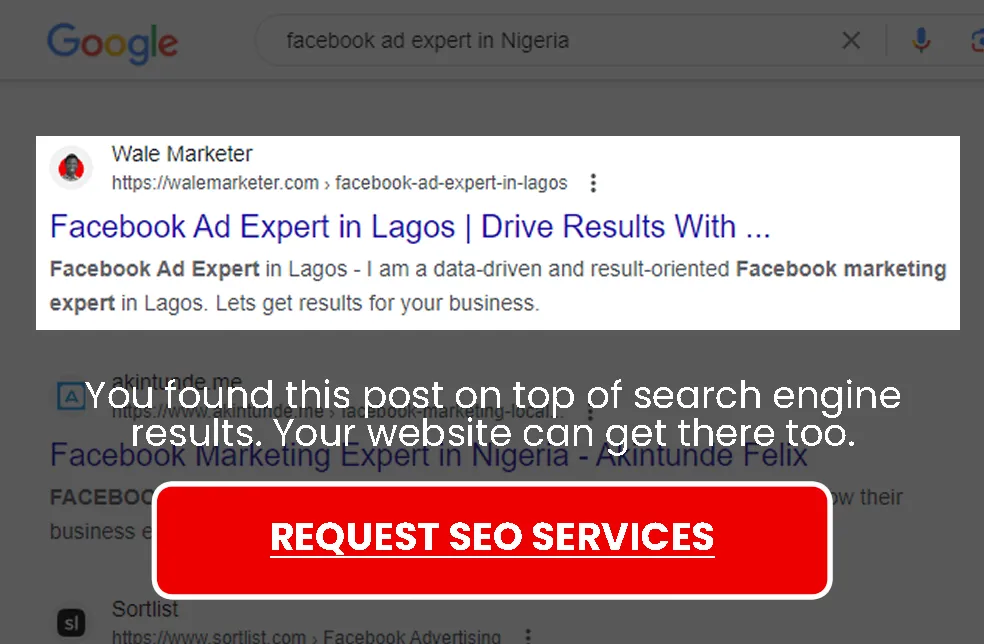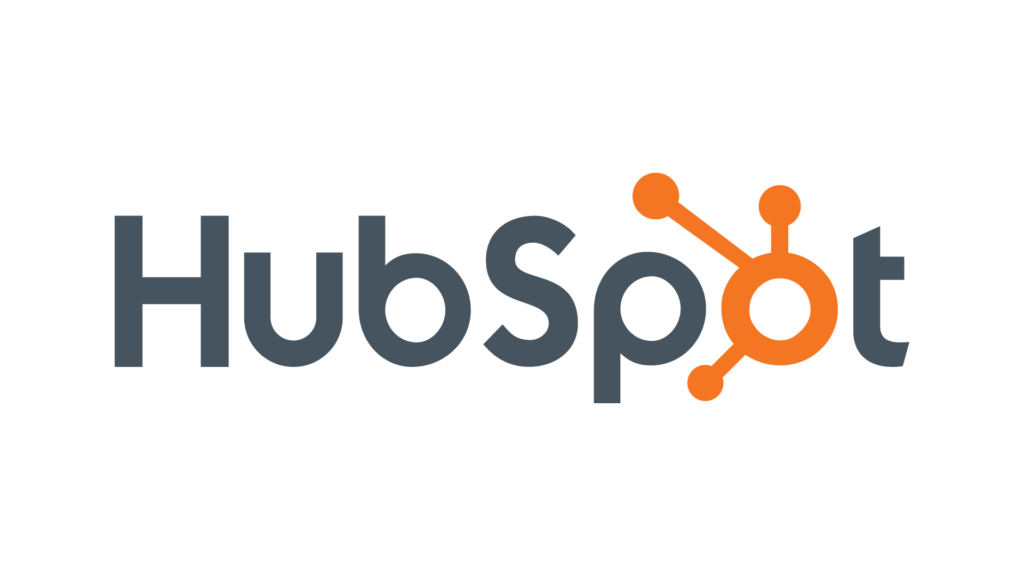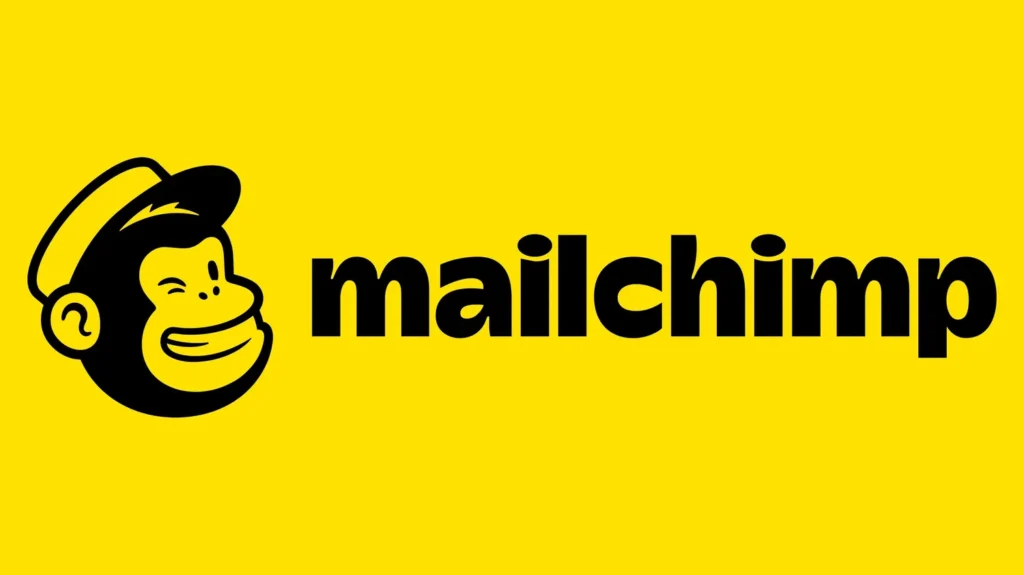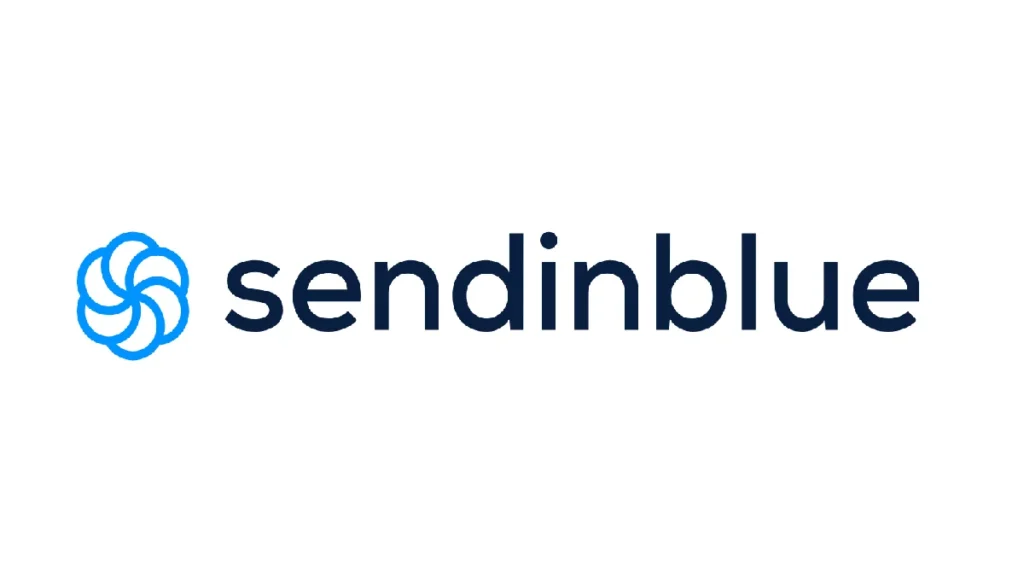In today’s fast-paced business world, where strategic marketing is vital, Nigerian business leaders are empowered with tools to enhance their marketing strategies and stay ahead in a competitive market. Marketing automation tools save time, reduce errors, and improve marketing strategies. We delve into the top 10 marketing automation tools that can help business leaders in Nigeria strategise and grow their companies, giving them a sense of control and confidence in their marketing efforts.

What is a marketing automation tool?
A marketing automation tool is software that helps you run multichannel marketing campaigns more efficiently, automate tasks you repeatedly do in marketing, and streamline your marketing processes. With these tools, businesses can keep in touch with leads, make marketing messages more relevant to each person, and see how well their marketing is working. Companies can save significant time, get better results, and make their marketing plans more effective by automating different marketing tasks, making them feel more efficient and productive.
9 essential functions of marketing automation tools
1. Email marketing automation
- Sets up, creates, and sends email messages automatically.
- Sends personalised emails based on how customers act and what they like.
- It tracks how many emails are opened and clicked on and other engagement data.
2. Lead management
- Gathers leads from different sources and puts them in order.
- Scores and sorts leads by how likely they are to convert.
- Uses automated workflows and targeted content to keep leads interested.
3. Customer segmentation
- Splits the customer base into groups based on age, gender, buying habits, and more.
- Allows marketing efforts to be adjusted to specific groups.
4. Social media management
- It makes it easy to schedule and post on social media sites.
- Monitors how people interact on social media and keeps track of key data.
- Works with social media platforms to make managing content easier.
5. Analytics and reporting
- It gives information about how well marketing efforts are doing.
- Keeps an eye on marketing ROI and key performance indicators (KPIs).
- Makes reports that help marketers make choices based on data.
6. CRM integration
- Works with tools that manage customer relationships (CRM).
- Ensures that the marketing and sales teams can quickly share info.
- It helps keep a single view of all contacts with customers.
7. Landing pages and forms
- Creates and optimises landing pages for capturing leads.
- Creates forms to get comments and information from customers.
- Keeps track of how well landing pages and form submissions are doing.
8. Behavioural tracking
- Keeps an eye on how customers act on websites, emails, and other media.
- It automates actions based on customer interactions (for example, when a user views a particular page, an email is sent to follow up).
9. Personalisation
- It makes marketing messages more relevant to each customer by looking at their likes and dislikes and how they act.
- It makes customers more interested and increases the number of sales through personalised content.
6 benefits of using marketing automation tools
- Efficiency: It automates repetitive tasks so marketing teams can focus on more critical tasks.
- Consistency: Makes customer communication is always the same across all mediums.
- Scalability: This feature lets businesses handle a lot of leads and customers without having to do more work by hand.
- Improved ROI: ROI goes up because marketing efforts work better, which means a better return on investment.
- Better experience for customers: Sends personalised texts at the right time, which makes customers happier and more loyal.
- Better data management: It gives you a central place to store, organise, and analyse business data.
Top 10 marketing automation software for businesses in Nigeria
1. HubSpot
HubSpot is a full-featured marketing automation tool known for being flexible and easy to use. It offers many tools for sales, customer service, and direct marketing. The all-in-one tool from HubSpot can help businesses streamline their marketing, which makes it easier to find new customers, keep them interested, and make them happy. Its powerful CRM features make sure that all contacts with customers are recorded and handled effectively. This tool is particularly relevant to Nigerian businesses due to its adaptability to the local market and its ability to handle the unique challenges of the Nigerian business landscape, making the audience feel more understood and catered to.

Key features of HubSpot
- Email marketing automation
- Lead management and scoring
- Social media management
- Analytics and reporting
- CRM integration
2. ActiveCampaign
For instance, a Nigerian e-commerce company can use ActiveCampaign to send personalised product recommendations to customers based on their past purchases. ActiveCampaign is a powerful marketing automation tool that blends sales automation, email marketing, and automation to improve customers’ experiences. It is an excellent choice for Nigerian companies that want to build strong customer relationships because it can create personalised experiences on a large scale. Its automation workflows can help you save time and ensure that information is always evident.
Key features of ActiveCampaign
- Advanced segmentation
- Dynamic content
- Sales automation
- CRM integration
- Extensive automation workflows
3. Mailchimp
Mailchimp is famous for its email marketing features, but it has grown into a full-fledged marketing automation tool that businesses of all sizes can use. It is a good choice for Nigerian small and medium-sized businesses because it is cheap and easy to use. It has powerful email marketing tools and a customer journey builder to help enterprises make programs that reach the right people.

Key features of MailChimp
- Email marketing
- Customer journey builder
- Audience segmentation
- A/B testing
- Analytics and reporting
4. Marketo
Marketo, owned by Adobe, is a top marketing automation platform built to be flexible and adaptable. It is perfect for big and small companies that are just starting. Marketo is suitable for Nigerian firms that want to grow because it has powerful features and can be expanded. Its advanced data and personalisation tools can help you make targeted marketing plans that help your business grow.

Key features of Marketo
- Email marketing
- Lead management
- Revenue attribution
- Account-based marketing
- Personalisation
5. Zoho CRM
Zoho CRM is an integrated app that automates sales, marketing, and customer service, smoothing the customer path. It is a great choice for Nigerian businesses because it is affordable and has many features. Its AI-driven insights and multiple contact channels can interest customers and help you make better decisions.
Key features of Zoho CRM
- Sales automation
- Workflow automation
- Multichannel communication
- Analytics and reporting
- AI-driven insights
6. Pardot
Pardot is a marketing management tool created by Salesforce for business-to-business marketing. It works perfectly with Salesforce and provides powerful lead nurturing and tracking tools. Businesses using Salesforce can easily connect with Pardot and its powerful B2B marketing tools. Its lead nurturing tools and ROI reporting can make marketing and sales work much better together.

Key features of Pardot
- Lead management
- Email marketing
- CRM integration
- ROI reporting
- Personalised marketing
7. GetResponse
GetResponse is a marketing management and email marketing tool with many features for businesses of all sizes. It is a good choice for Nigerian companies because it offers many tools, such as workshops and landing pages. Its e-commerce tools can help companies increase online sales and keep buyers interested.

Key features of GetResponse
- Email marketing
- Marketing automation
- Webinars
- Landing pages
- E-commerce tools
8. Sendinblue
Sendinblue is a marketing automation platform that focuses on client relationship management, email marketing, and SMS marketing. It is great for Nigerian companies that want to reach many people because its services are cheap. Sendinblue’s CRM features ensure customer contacts are well-managed and work at their best.

Key features of Sendinblue
- Email marketing
- SMS marketing
- Marketing automation
- CRM integration
- Transactional emails
9. SharpSpring
SharpSpring is a marketing automation platform known for being affordable and having many features. This makes it an excellent choice for small—to medium-sized companies. SharpSpring is easy for Nigerian companies because it has many features and low prices. Its behavioural tracking and changeable landing pages can help create personalised marketing experiences.
Key features of SharpSpring
- Email marketing
- Behavioural tracking
- CRM integration
- Dynamic landing pages
- Social media management
10. Keap
Keap is a CRM and marketing automation tool designed to help small businesses grow by automating tasks and better managing customers. Because it is designed to help small businesses and has many features, Keap is an excellent choice for Nigerian SMEs. Its ability to handle payments and integrate with e-commerce can help businesses run more smoothly and give customers a better experience.

Key features of Keap
- CRM
- Email marketing
- Marketing automation
- E-commerce integration
- Payment processing
Conclusion
Nigerian business owners who want to improve their marketing and boost growth must use marketing automation tools. Each of the above tools has features and perks that make it useful for different businesses. These tools can help Nigerian companies better connect with their customers, run more smoothly, and eventually succeed in a competitive market.
Engaging in the right marketing automation tool can change your marketing strategy and move your business forward, regardless of size. Pick the tool that best fits your business goals and immediately get the most out of it.
Read also: 6 Advertising Tips for Nigerian Businesses Selling Online.
Frequently asked questions about marketing automation tools
What is the best software for marketing automation?
The ideal marketing automation software depends on your business’s goals, size, and budget. Small to medium-sized organisations are advised to utilise HubSpot since it is feature-rich, easy to use, and compatible with CRM systems. It suits web marketing, sales, and customer service. Advanced analytics, scalability, and personalisation make Marketo stand out for larger companies since it can handle complex marketing campaigns. However, ActiveCampaign excels in email marketing, segmentation, and automation. Businesses who wish to tailor consumer experiences for a large group should use it. What matters most is that the best option meets your business goals, technical needs, and budget.
What is the difference between CRM and marketing automation tools?
Marketing automation and CRM systems accomplish various things for businesses but function well together. CRM systems like Salesforce or Zoho CRM track and analyse client interactions throughout their lifecycle. Businesses may strengthen client relationships, retain them, and increase sales. Sales teams generally utilise them to track customer data, conversations, and sales opportunities. However, marketing automation platforms like HubSpot and Marketo streamline email campaigns, lead nurturing, social media posts, and analytics. These tools help marketers streamline campaigns, locate new customers, and evaluate results. Marketing automation solutions expedite marketing operations, while CRM tools manage sales and customer relationships. Both systems can streamline marketing and sales information, benefiting the firm.
Which type of CRM is used for marketing automation?
Marketing automation elements are frequently built into CRM systems or can be readily connected to other technologies. This form of CRM includes HubSpot CRM. Companies can manage client relationships and automate marketing chores like email campaigns, lead scoring, and analytics using their strong CRM and marketing automation tools. Salesforce is another popular option because it integrates Pardot’s advanced marketing automation technologies. Zoho Campaigns and marketing tools complement Zoho CRM. The same platform can be used for CRM and marketing automation. These CRMs simplify customer relations and marketing.
Is Google Analytics a marketing automation tool?
No, Google Analytics does not automate marketing. Web analytics services track and report website traffic and user behaviour. They show how many pages users view, how long they stay, and how often they leave, but they need to automate email campaigns, lead nurturing, or customer segmentation. However, marketing automation solutions automate repetitive marketing operations and manage multichannel campaigns. Google Analytics can be utilised with marketing automation solutions to boost marketing campaigns by providing data and insights.
Is SEO part of marketing automation?
SEO is not part of marketing automation, but they can operate together. SEO involves improving a website’s code, content, and layout to boost search engine rankings and free visitors. However, marketing automation solutions automate lead management, email campaigns, and social media. SEO boosts organic search results. Marketing automation technologies that distribute content, track performance, and engage leads can benefit SEO. Combining them creates a more complete marketing plan.



